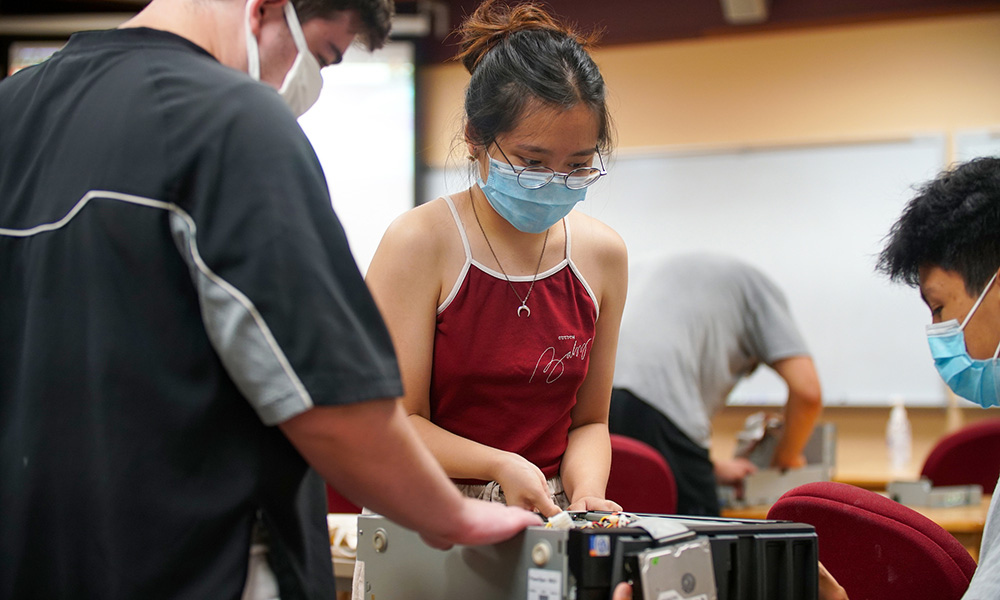It’s time to rethink the false tradeoff we foist on students to choose between the liberal arts foundation they need to succeed long-term, or the pre-professional skills they need to get and succeed in the first job. Universities need to move away from that “either/or” mindset. Students need both.
Companies are starting to realize the negative impact of this dichotomy as well. They’re facing a talent shortage not just at the entry-level, but also later in the pipeline, where there is a dearth of young professionals who can step into management roles and then leadership roles.
There are two things we can do to address this problem. First, colleges and universities need to do a much better job advising students to fill their weeks and semesters with a much wider set of experiences. Too many students go narrow and are often encouraged to do so.
Students enrolled in more professionally oriented programs like engineering, nursing or business need to take a much wider range of classes in the colleges of liberal arts. They need classes where they can learn to write, communicate, and understand what drives history and humanity. They need to develop what Rishad Tobaccowala calls the six Cs that will be essential to students’ success. Three are skills that students need to develop as intellectual habits — cognition, creativity, curiosity — and three are skills students will need to effectively work with others — collaborate, communicate, convince.
Students also need to develop pre-professional skills to get and succeed in the first internship and job. Certainly, this can happen as students stretch themselves and take a few more skills-oriented courses offered by the universities. It can also happen as students develop management skills by running student organizations, joining leadership programs, or getting active in the kinds of entrepreneurship centers emerging on many college campuses.

